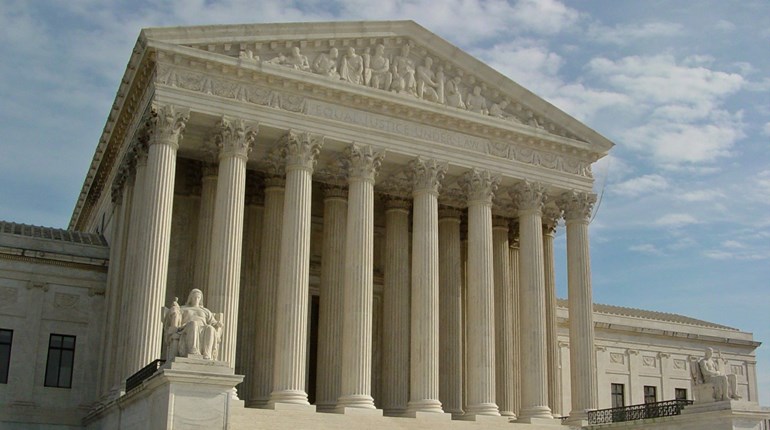
As the COVID-19 pandemic spreads, people aren’t just emptying store shelves of toilet paper, bread and milk. They are also buying guns, lots of guns.
The FBI said, for example, that on Monday, March 16, background check calls in to the National Instant Criminal Background Check System (NICS) were 300% higher than they were on the same day a year ago; in fact, since February 23, the daily volume for NICS background checks has been nearly double what it was a year ago.
NICS is so overwhelmed that the FBI has alerted retailers that most NICS checks will get an immediate determination of “proceed” or “deny.” For checks that get a “delay” notification, it’s important to keep in mind that NICS investigations might be slightly delayed and the three business days mandated by the Brady Act doesn’t include days when state offices are closed.
The mainstream media is taking facts like these and reporting that the surge in gun and ammunition sales are all about “fear” and “panic.” This simplistic spin misunderstands America. It also is yet another attempt to cast America’s many millions of gun owners as unsophisticated rubes. The truth about this very real surge in gun sales is actually much more interesting than simple panic purchasing.
For example, Donald Trump Jr. touched on an interesting caveat when he recently tweeted: “The irony of it all is that it’s my Democrat friends reaching out to me now asking me which guns they should buy just in case... in particular which ARs. I guess they’re ok with the 2A now??? You don’t need it, till you need it.”
Looking for security in uncertain times is a natural reaction; shouldering responsibility, however, is not necessarily a negative thing. Actually, if this is a wake-up call for some Americans who’ve never understood the fundamental importance of their Second Amendment freedoms, that’s a good thing.
“We welcome these new gun owners to the larger gun-owning community and encourage them to choose the best safe-storage options for them and their families, to seek out training to use their firearms safely and responsibly and not just get out to a range and shoot, but take someone with you and introduce them to the shooting sports,” said Mark Oliva, director of public affairs for the National Shooting Sports Foundation.
As Oliva points out, part of this story is that, during this national crisis, millions of America’s gun owners actually now have more time to go to the range. The NCAA has cancelled “March Madness” basketball. MLB has postponed the 2020 season. A lot of people are now temporarily out of work. A lot of schools are closed. So going to the range or just plinking on the back forty offers some positive family time when going to movie theaters and more just aren’t options—it takes guns and ammo to shoot recreationally.
Personal safety is clearly a part of this heightened demand, but then being prepared isn’t just the Boy Scout motto; it is actually a basic part of the American character. America grew to the Pacific on rugged individualism. Fly today from New York to Los Angeles on a clear night and look at your window and you’ll see little twinkling lights from small towns, farms and bright spots that are big cities across this great nation. Out there are over 100 million legal gun owners. Out across those horizons are people who know that if they’re in trouble, law enforcement will come—God bless them—but that until they do, they must fend for themselves. This is a big part of why, during national emergencies, gun and ammunition sales go up. Again, this isn’t a bad thing; this is a practical thing. Self-reliance isn’t the antithesis to helping others, but is rather exactly what communities big and small rely upon.
A rise in gun sales during a national emergency is the exhibition of the practical nature of Americans on display. We take care of ourselves, our families and our neighbors. It’s a shame that the mainstream media can’t appreciate this about us.


































